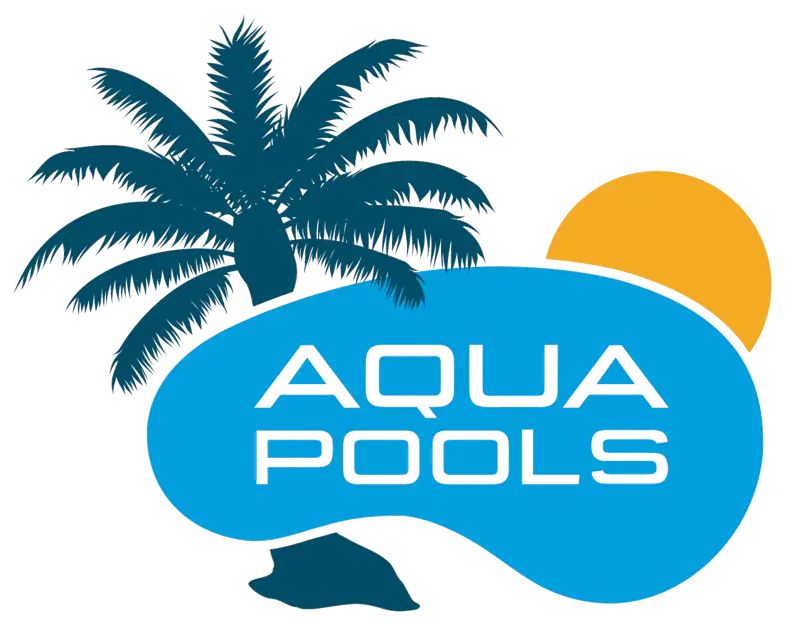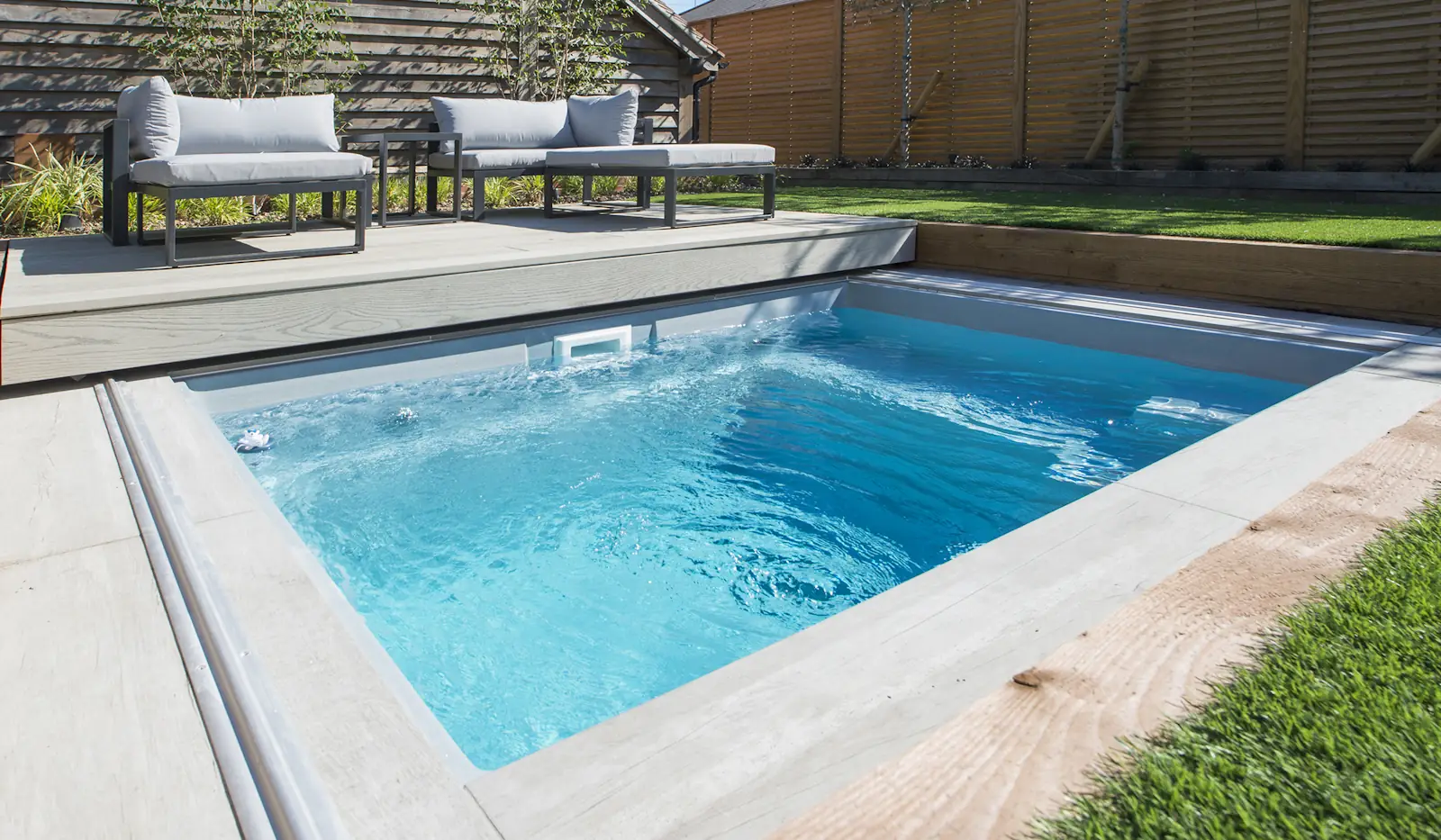The Heartbeat of Your Pool
What’s the one piece of equipment standing between your pool and a murky mess? It’s your pool pump. Often overlooked, this powerhouse is the unsung hero that keeps your pool sparkling clean, safe, and inviting. In fact, did you know that a well-maintained pool pump can save up to 70% on energy costs annually? Intrigued? Read this pool pump guide to learn more!
Think of your pool pump as the heart of your pool, circulating water to keep everything healthy and thriving. Without it, you’d be left with stagnant water, debris build-up, and a less-than-ideal swimming experience.
In our pool pump guide, we’ll explore everything you need to know about pool pumps—from understanding how they work to choosing the right one and keeping it in peak condition. Whether you’re a seasoned pool owner or a first-timer, this guide will equip you with the knowledge to make informed decisions and enjoy a clean, energy-efficient pool year-round.
A reliable pool pump isn’t just a tool; it’s essential for maintaining a clean, safe, and energy-efficient swimming pool. Let’s dive in!
What is a Pool Pump?
A pool pump is the central component of your pool’s circulation system. Its primary role is to keep water moving, ensuring it passes through the filtration and heating systems before returning clean and clear to the pool.
Why Does Circulation Matter?
- Prevents Stagnation: Moving water discourages algae growth and keeps your pool looking pristine.
- Removes Debris: A functioning pump ensures leaves, dirt, and other debris are filtered out.
- Distributes Chemicals: Proper circulation helps evenly distribute pool chemicals, ensuring a safe swimming environment.
Without a pool pump, your pool would quickly become a breeding ground for bacteria and debris. It’s the key to maintaining water clarity and safety.
How Pool Pumps Work
Understanding how your pool pump operates can help you appreciate its importance and maintain it more effectively.
The Circulation Process
- Water Intake: Water is drawn from the pool through skimmers and drains.
- Suction Power: The pump’s motor powers an impeller, creating suction that pulls water through the filtration system.
- Filtration and Return: The water is filtered to remove impurities and then returned to the pool, clean and ready to enjoy.
The Importance of Efficiency
A properly functioning pump not only maximizes water clarity but also minimizes energy usage. An inefficient pump can lead to higher electricity bills and subpar pool performance.
Types of Pool Pumps
Choosing the right pool pump starts with understanding the different types available.
Single-Speed Pool Pumps
- Functionality: These pumps operate at one constant speed, typically running at full capacity.
- Pros:
- Simple design.
- Lower upfront cost.
- Cons:
- High energy consumption.
- Limited operational flexibility.
Dual-Speed Pool Pumps
- Functionality: Offers both high and low-speed settings.
- Benefits:
- Energy savings when operated at low speed.
- Flexibility to use higher speeds for tasks like vacuuming or cleaning.
Variable-Speed Pool Pumps
- Functionality: Features adjustable speed settings, allowing for tailored performance.
- Why Choose Variable-Speed Pumps?
- Energy Efficiency: Uses up to 70% less energy compared to single-speed pumps.
- Customizability: Allows precise control based on your pool’s size and usage.
- Durability: Operates at lower speeds, reducing wear and tear on the pump.
If energy savings and long-term performance are priorities, a variable-speed pool pump is often the best choice.
Selecting the Right Pool Pump
Choosing the right pool pump involves considering several key factors to ensure optimal performance and efficiency.
Key Factors to Consider
- Pool Size: The pump’s flow rate should match the pool’s volume to maintain proper circulation.
- Pool Type: In-ground and above-ground pools may require different pump models.
- Climate: Warmer climates may demand more circulation to prevent algae growth.
- Energy Costs: Investing in an energy-efficient pump, like a variable-speed model, can save you money in the long run.
Practical Tip
For the best results, consult a professional to perform a load calculation. This ensures your pump’s specifications align with your pool’s unique requirements.
Energy Efficiency Tips
Reducing energy consumption doesn’t just save money—it’s also better for the environment. Here’s how you can maximize your pool pump’s efficiency:
Smart Practices
- Run the pump during off-peak hours to take advantage of lower electricity rates.
- Use a pool timer to automate pump operation and avoid unnecessary run times.
- Upgrade to a variable-speed pool pump for significant energy savings.
Maintenance Habits
- Regularly clean the pump’s filter basket to prevent clogs and improve performance.
- Inspect and replace worn-out gaskets or seals to maintain efficiency.
Maintenance and Care for Pool Pumps
Proper maintenance not only extends your pump’s lifespan but also ensures it operates at peak performance.
Routine Maintenance
- Check for leaks around the pump housing and address them promptly.
- Ensure the impeller is free of debris to maintain optimal water flow.
- Lubricate O-rings to keep seals watertight and functional.
Seasonal Care
- Winterizing: If you live in a colder climate, winterize your pump to protect it from freezing temperatures.
- Restarting: Before the swimming season begins, inspect the pump and perform any necessary maintenance.
Troubleshooting Tips
- If the pump is noisy, check for loose components or blockages.
- For reduced water flow, inspect the filter and impeller for obstructions.
Hayward Pumps Spotlight
When it comes to reliable and energy-efficient pool pumps, Hayward is a standout brand.
Why Hayward?
- Innovative designs that prioritize performance and efficiency.
- A reputation for durability and reliability in the pool industry.
Top Models
- Hayward TriStar VS: A high-performance variable-speed pump with advanced energy-saving features.
- Hayward Super Pump: A dependable single-speed option ideal for smaller pools.
Unique Features
- Digital controls for user-friendly operation.
- Quiet operation to enhance your poolside experience.
Invest in the Right Pool Pump
Choosing the right pool pump is more than a purchase—it’s an investment in your pool’s health, energy efficiency, and overall enjoyment. From understanding the types of pumps available to maintaining them properly, this guide has provided you with the tools to make informed decisions.
Ready to upgrade or maintain your pool pump? Contact us today for expert advice and top-quality products. Let us help you keep your pool sparkling, efficient, and ready for endless enjoyment.

